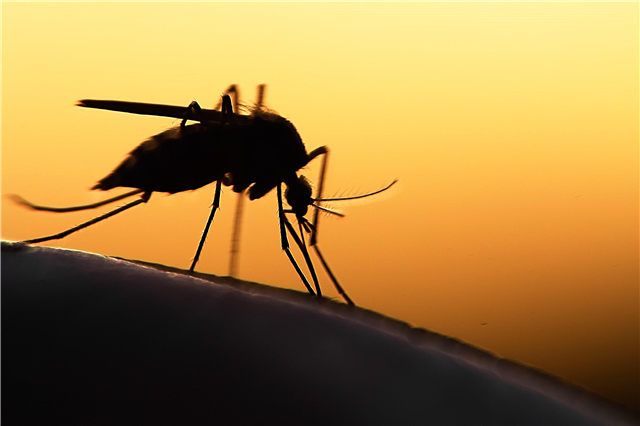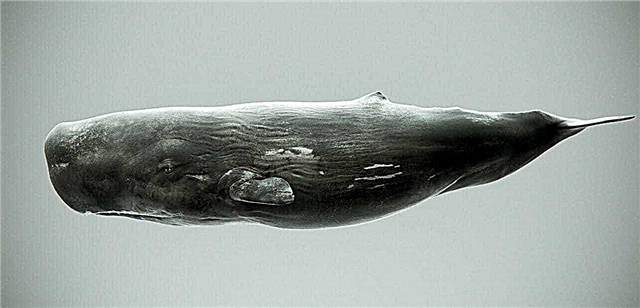
Blood is a liquid vital tissue of the body, which includes the most important elements. Thanks to platelets, blood has a coagulation function, which protects against blood loss in cases of wounds.
Why is there nosebleed?

Bleeding from the nose can occur for various reasons. Since the vessels are located behind the thin wall of the cavity, they can be easily damaged. There are many reasons why blood comes from the nose; they can be conditionally divided into two groups: local and general. In children, local causes include bruises, tumors, polyps, and fragility of capillaries. Common causes are high fever, lack of vitamins in the body, physical activity, overheating of the body, and infectious diseases.
In adolescents, hormonal changes may be added to the causes. Local causes in adults consist of a fracture, chronic rhinitis, hemangioma, curvature of the nasal septum, thermal or chemical burns. Common causes of nosebleeds in adults include a sharp pressure drop, a lack of calcium in the body, hemophilia, atherosclerosis, and hormonal failure. In older people, nosebleeds can also occur due to hypertension, menopause, intracranial pressure and loss of capillary elasticity.
Why is blood coming from my ears?

If blood has gone from the ear, then the first thing to do is find out the cause.Perhaps this is just a scratch, and then it will be enough to rinse the auricle and treat it with any antiseptic (hydrogen peroxide, brilliant green or iodine). But there may be more serious causes, such as damage to the eardrum, candidiasis, boil, otitis media, a jump in pressure or some kind of infectious disease.
The most common causes are injuries to the skin, inflammation of the middle ear and perforation of the tympanic membrane. In the first case, no serious consequences will follow, since this is often a minor scratch. In the second case, blood from the ear will tell about otitis media if symptoms such as severe migraine, fever and dizziness appear. In the third case, a sharp pressure drop occurs (for example, in an airplane or when diving to a depth), as a result of which a membrane rupture in the tympanic membrane may occur. Symptoms of this are ear pain, a hum in the head, and temporary or complete hearing loss.
Why does blood come from my mouth?

There can be several causes of bleeding from the mouth, they can be conditionally divided into three groups:
- Blood from internal organs.
- Blood from the airways.
- Bleeding directly from the mouth.
Bleeding can be both in pure form, and together with sputum (expectoration) and vomit. If the blood comes from the oral cavity, then it can be injuries and injuries of various origins, such as bleeding from a sore gum or after a tooth is removed, a cut in the tongue or the inside of the cheek, etc.Also, blood from the mouth can go if bleeding occurs in the lungs, this is expressed in coughing with expectoration. The main causes are pneumonia, tuberculosis, or infectious diseases.
If the blood comes out with vomit, this means serious problems with the gastrointestinal tract, and the cause may be dysentery, colitis, ulcer, gastritis, but in a neglected form. In cases of bleeding from the respiratory tract or internal organs, you must immediately call a doctor who will prescribe treatment.
How to stop the blood?

If blood came from the nose, then throwing your head back is the most common mistake. This is highly discouraged, as blood can enter the airways and cause vomiting.
The head, on the contrary, should be tilted, and the nose should be clamped with a scarf dipped in ice water.

Or attach a piece of ice to the nose, having previously wrapped it with a cloth, and pressed it to the wing of the nose. If the blood needs to be stopped very quickly, then a cotton swab should be moistened in a solution of hydrogen peroxide and inserted into the nose.
If the blood went from the ear, and the reason for this is not clear, then self-medication is very undesirable. If spotting appeared as a result of small scratches, then it is enough to treat the auricle with hydrogen peroxide (for disinfection) and grease with an antiseptic. But if the cause of the appearance of blood from the ear is unknown, then you should immediately call a doctor. And while help is traveling, you need to clean the ear from contamination with a bandage or gauze, and tilt your head to your shoulder so that blood flows free.
If blood comes from the mouth, and the cause is damage to the oral cavity, then the first thing to do is to carefully rinse your mouth with warm water. Then you need to lie on your side and put a swab dipped in a solution of hydrogen peroxide on the injured part. If blood from the mouth comes out with a cough along with sputum, then several small pieces of ice should be swallowed immediately. If vomiting with blood has begun, then the patient should be laid on his back with a cold heating pad on his chest, and an doctor should be called urgently.












